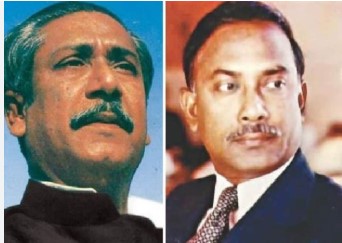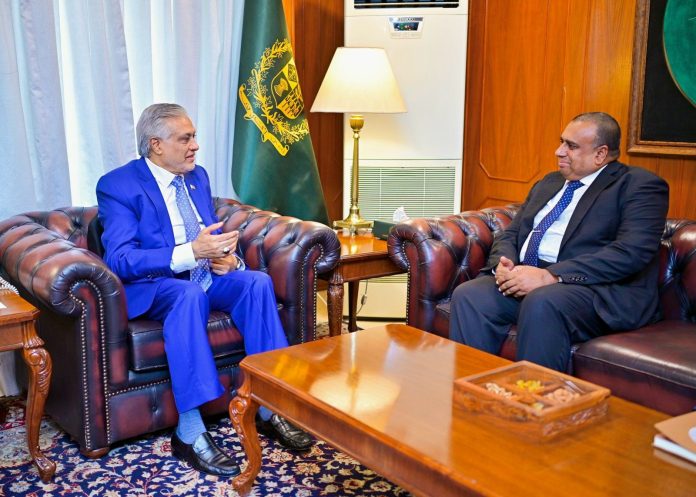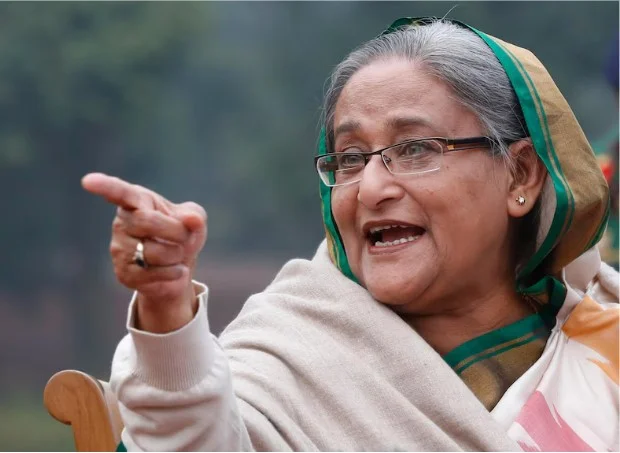
Bangladesh Curriculum Shift: General Ziaur Rahman Recognized as Founder, Replacing Sheikh Mujibur Rahman
- World News
- January 3, 2025
- No Comment
Bangladesh’s interim government has unveiled a revised national curriculum, officially recognizing General Ziaur Rahman as the nation’s founder. This marks a departure from the long-held narrative crediting Sheikh Mujibur Rahman, often referred to as the “Father of the Nation.”
The updated textbooks, prepared by the National Curriculum and Textbook Board, assert that General Ziaur Rahman declared Bangladesh’s independence on March 26, 1971, via a series of radio broadcasts. This was followed by an official proclamation from Sheikh Mujibur Rahman on March 27, 1971.
Dr. Rakhal Raha, a historian involved in the revision process, stated that the changes aim to “remove politically motivated exaggerations” and present an accurate account of Bangladesh’s journey to independence.
For decades, textbooks in Bangladesh emphasized Sheikh Mujibur Rahman’s role, portraying him as the sole figure behind the independence movement. However, the revised curriculum contests this by highlighting General Ziaur Rahman’s pivotal radio announcement during the early hours of the liberation war.
The move has sparked widespread discussion, with some viewing it as a necessary correction of historical inaccuracies, while others criticize it as an attempt to rewrite history.
This change comes in the aftermath of Sheikh Hasina’s 15-year tenure, which ended following massive student-led protests last year. Her government had long championed her father, Sheikh Mujibur Rahman, as the founder of Bangladesh.
In contrast, Khaleda Zia’s Bangladesh Nationalist Party (BNP) has consistently credited her husband, General Ziaur Rahman, with playing a crucial role in the nation’s liberation and subsequent stabilization.
The 1971 liberation war was marked by chaos and multiple power struggles. Sheikh Mujibur Rahman was arrested on March 26, 1971, shortly after delivering a passionate call for independence. General Ziaur Rahman later took control of key radio stations and announced Bangladesh’s freedom, rallying support for the war effort.
In the years that followed, Sheikh Mujibur Rahman led the new nation but was tragically assassinated in 1975 during a military coup. General Ziaur Rahman rose to prominence shortly after, steering Bangladesh through a tumultuous period before his assassination in 1981.
The curriculum shift reflects the interim government’s broader efforts to address historical disputes and reshape national identity. While this change is bound to deepen political divides, it also opens the door for a more nuanced understanding of Bangladesh’s complex history.







